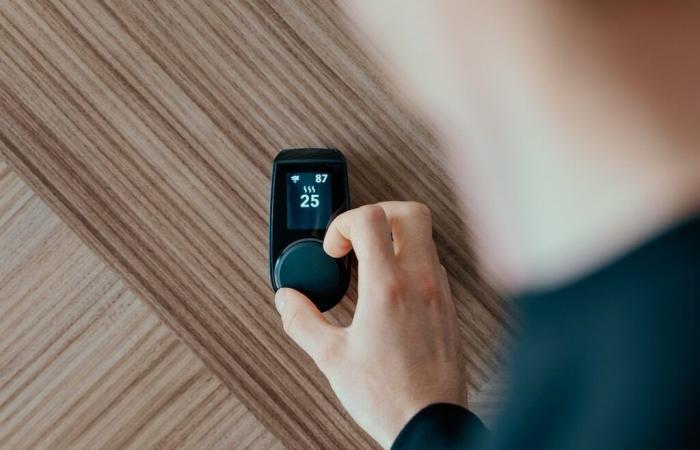A third of French people have suffered from the cold at home, forced by rising energy bills. Despite a slight improvement, fuel poverty remains a major problem, particularly affecting younger generations. The energy mediator pleads for reinforced protection of households against unpaid debts, while tariff reductions are announced for 2025.
A difficult winter for many households
According to the latest report from the Energy Mediator, Fuel poverty remains a major concern for the French, with a third of them reporting having suffered from the cold this winter, twice as many as in 2020. This situation is mainly explained by the burden of energy bills, which pushes households to limit their heating.
Frédérique Fériaud, general director of the national energy mediator, recalls that this precariousness, although down slightly compared to last year, remains “ always strong “. In fact, 85% of households expressed concern about the cost of energy, a figure which is falling (89% in 2023), but which remains significant.
Young people are particularly affected: 53% of those under 35 report having difficulty paying their bills, compared to 28% of the general population. To adapt to this situation, 75% of households have reduced their heating, often due to financial constraints. The ecological impact is also taken into account for 44% of French people surveyed, but remains secondary to economic imperatives. In response to this situation, some are considering undertaking insulation work, although this proportion (29%) is slightly down on the previous year.
Towards a reduction in prices in 2025?
The issue of unpaid energy has led to more than a million interventions in 2023, including 265,000 electricity and gas cuts. Although this figure is down 18% over one year, it remains worrying. At the same time, electricity power reductions, a measure applied to households benefiting from the energy check or in difficulty paying, increased by 15%, reaching 736,000 cases. This measure makes it possible to reduce a household's electricity consumption while maintaining a minimum level of operation for essential appliances such as a refrigerator or a telephone.
Frédérique Fériaud is campaigning for a total ban on electricity cuts in the event of non-payment, emphasizing that “ electricity is a basic necessity “. She deplores that at present, electricity does not benefit from the same protection as water, for which cuts are illegal in France. She proposes to strengthen the system of “ reduced power » for households in difficulty, in order to guarantee minimal access to energy.
Faced with the surge in energy prices in recent years – an increase of 47% for electricity between 2020 and 2024, according to the mediator – consumers could benefit from a lull from the start of next year . According to Olga Givernet, MP and spokesperson for discussions on energy, 80% of French people under regulated tariff contracts should see their electricity bill drop in February 2025. This announcement follows the comments of Bruno Le Maire, former minister of the Economy, which had mentioned a 15% reduction in regulated prices this summer, an adjustment made possible by the decline in market prices.






